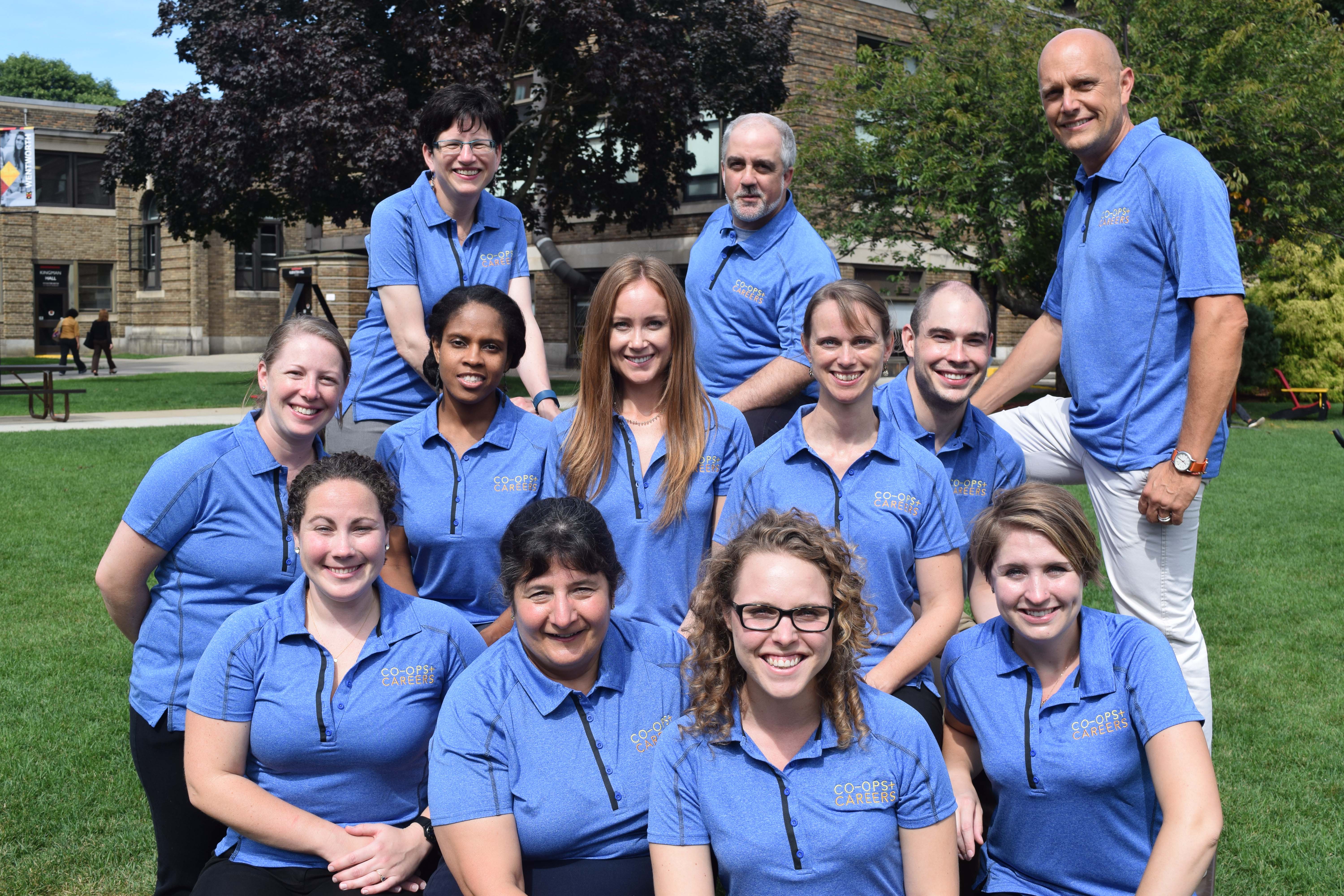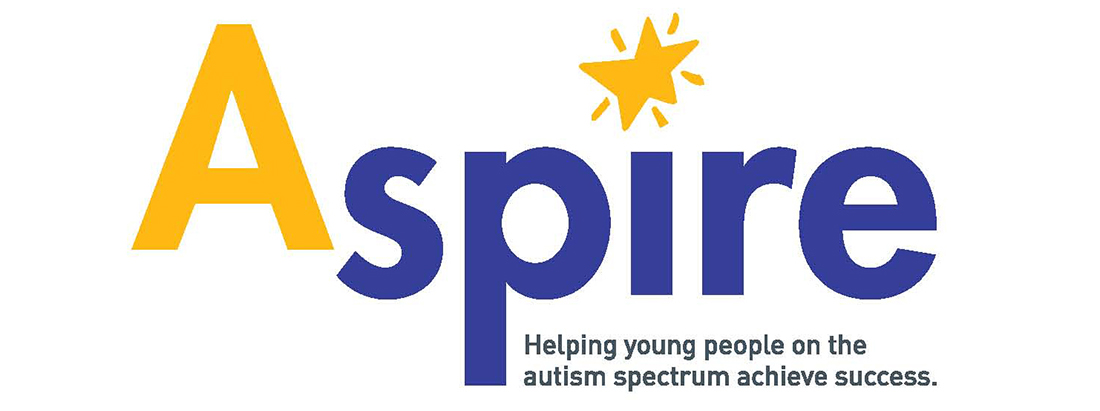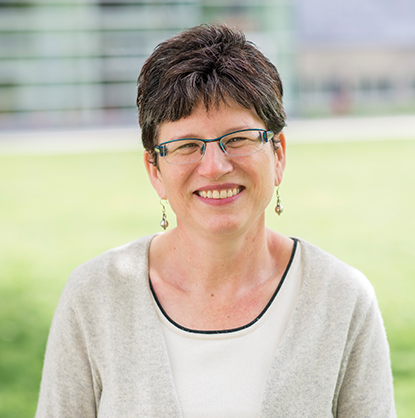 By: Jason Gregoricus
By: Jason Gregoricus
A corporate employer or start up? Which is the right fit?
Larger corporations typically offer stability, regular hours, better pay, clearly defined roles and well-established support. Start-ups, on the other hand, tend to be more flexible about work hours, often require their employees to wear multiple hats and usually demand more creativity as a result.
Which one fits best for you is an important question. Let’s look at each in kind.
Large Corporations: They’re large because they’ve figured out what works in the marketplace and have grown because of it. So, when a company grows it usually compartmentalizes the work of various departments with clearly defined roles within them. Therefore, when you’re hired, you’ll know what is expected of you and how to grow within the company. (Relatedly, there are usually robus benefit packages – health, retirement, etc. – as well.)
Additionally, larger corporations usually prefer to hire from within – it’s convenient and less expensive than taking the administrative time to recruit/interview/hire. In the end, it’s all about relationships. People hire other people they know and like. Therefore, if you work for a company and would like to try something new, the chances of advancement and change are greater.
However, there are downsides. First, large corporations are usually not nimble. Change moves slowly – if at all – and when it does happen the process can be maddeningly slow. In larger organizations there are usually many stakeholders for every decision and idea. Therefore, the time it takes to implement those changes/ideas is exponentially proportional to the number of people it will affect. So, if you’re an impatient person, then the corporate atmosphere may not be right.
Start Ups: Conversely, working for a start up does have its perks.
First, start-ups are typically very exciting places to work. They often have a dynamic workforce and a swashbuckling energy that makes every day go by quickly. As a result you may find yourself taking on several different (read “seemingly unrelated”) aspects of the business. It is not uncommon with a small start up for a recent hire to handle shipping, sales and market research all in one week. The benefit of such a situation is that it allows a person to explore what they’re good at, and what they enjoy less.
Concurrently, in a small organization it is much easier to shine as all your contributions are obvious to everyone. Therefore, a start up could help you gain confidence, self-knowledge and a strong reputation. Conversely, however, the challenges at a small start up can be numerous.
First, the benefits may not be all that great. Start ups may allow you flexible hours – but incredibly long ones as well. Also, with some exceptions, they are operating with razor thin margins. Therefore retirement packages, vacation times, health insurance options all may be less than ideal – or not on offer at all. This can be compounded by the fact that many start up don’t have anyone working in human resources. So your options for support become even that much more limited.
Second, if you make a big mistake at a company it can have huge repercussions. Everyone knowing you did great is, well, great – but the other side of the coin is the public recognition of mistakes. It never feels good when the majority of your coworkers all know when you’ve made one.
So, in the end, where you choose to work will be decided by where you feel the most comfortable. But keep this in mind! Everything is fixable. Everyone who has worked long enough in the world has a story about a bad job or workplace situation. Just because you don’t fit in, or a job is not what you wanted or thought going in, there will always be another chance on the horizon.
So keep your head up and soldier on! Big or small, comfortable or nimble. Over time you will learn what works for you and that will be the right thing


 By: Abbey Pober
By: Abbey Pober By: Chris McIntyre
By: Chris McIntyre Weis
Weis
 By: Jason Gregoricus
By: Jason Gregoricus ll, Associate Director of CO-OPS + CAREERS at Wentworth, planned to be a Professor of Anthropology. She earned two degrees before learning that she liked to work in teams and preferred seeing immediate results from her work. So, she left her PhD program and instead, having come from a family of small business people, went to work in industry. First in large corporate banking (in Foreign Exchange – the cowboys of banking, where 20 million dollars is traded into Yen in less than a minute) and then in a series of small startups and emerging growth companies in various industries including Buzz marketing, entertainment, and green technology.
ll, Associate Director of CO-OPS + CAREERS at Wentworth, planned to be a Professor of Anthropology. She earned two degrees before learning that she liked to work in teams and preferred seeing immediate results from her work. So, she left her PhD program and instead, having come from a family of small business people, went to work in industry. First in large corporate banking (in Foreign Exchange – the cowboys of banking, where 20 million dollars is traded into Yen in less than a minute) and then in a series of small startups and emerging growth companies in various industries including Buzz marketing, entertainment, and green technology. By: Lauren Creamer
By: Lauren Creamer By: Janel Juba
By: Janel Juba